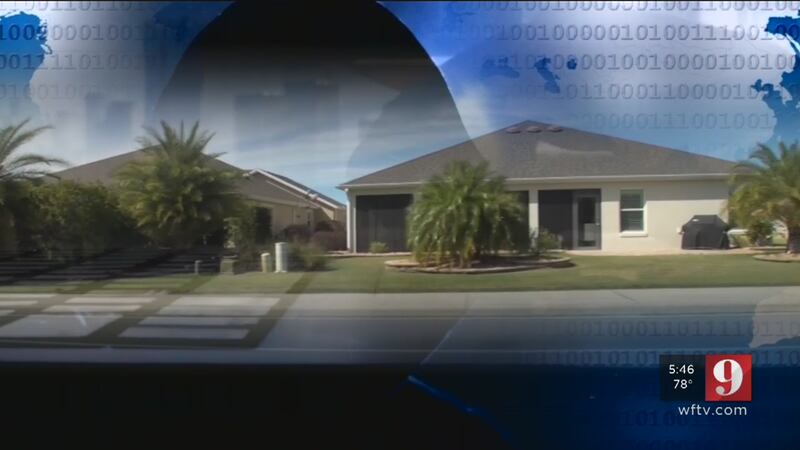ORLANDO,Fla. — Action 9 has learned that scammers almost stole more than $300,000 from a Longwood couple selling their home.
After the initial report, the FBI sat down with Todd Ulrich to explain how the email hacking scheme is exploding and how the agency recovered most of the money.
Agents have not, though, been able to stop a cybercrime that could threaten any home sale.
It's hard for Marie and Erwin Hammerling to enjoy their new house since the sale of their last home still haunts them.
“It's still just very devastating and we just want this resolved,” said Marie Hammerling.
Cybercriminals stole their proceeds, $326,000 after closing at Thoroughbred Title West.
They had hacked into the realtors emails then sent phony wiring instructions. Unknowingly, title company owner Renee Sowards wired the Hammerling's cash to the criminals bank account.
“The bad guys will plan this well in advance.” FBI special agent Andrew Sekela said.
Home sale hacking soared by 2,000 percent since 2015, he said.
In just three weeks cyber crooks hacked into 10 real estate closings in Orlando and Tampa, stealing 5 million dollars by using stolen realtor emails to write fake wiring instructions.
“It could be days or weeks that they spend reviewing those emails, getting to know the different people involved,” said Sekela.
In the first 72 hours of the hack, the FBI uses a financial fraud kill-chain to isolate the money in the thieves' bank accounts.
FBI money laundering experts helped the Hammerlings recover $291,000 before it left the country.
Cyber crooks still burned them for $35,000.
The couple filed a claim against the title company's insurance.
“It was the title company's responsibility to make the money was wired to the right place,” said Marie Hammerling.
The FBI also recovered most of the money stolen in 10 other cases.
Sekela said some due-diligence could go a long way.
“The best thing you can do when you receive wiring instructions is pick up the phone and contact the sender,” he said.
The Florida Realtors Association sent a warning out to all of its agents seven months ago, calling the phony wiring instruction scheme sophisticated and very persuasive.
It urged agents to secure email accounts, and verify any new wiring instructions.
Cox Media Group








